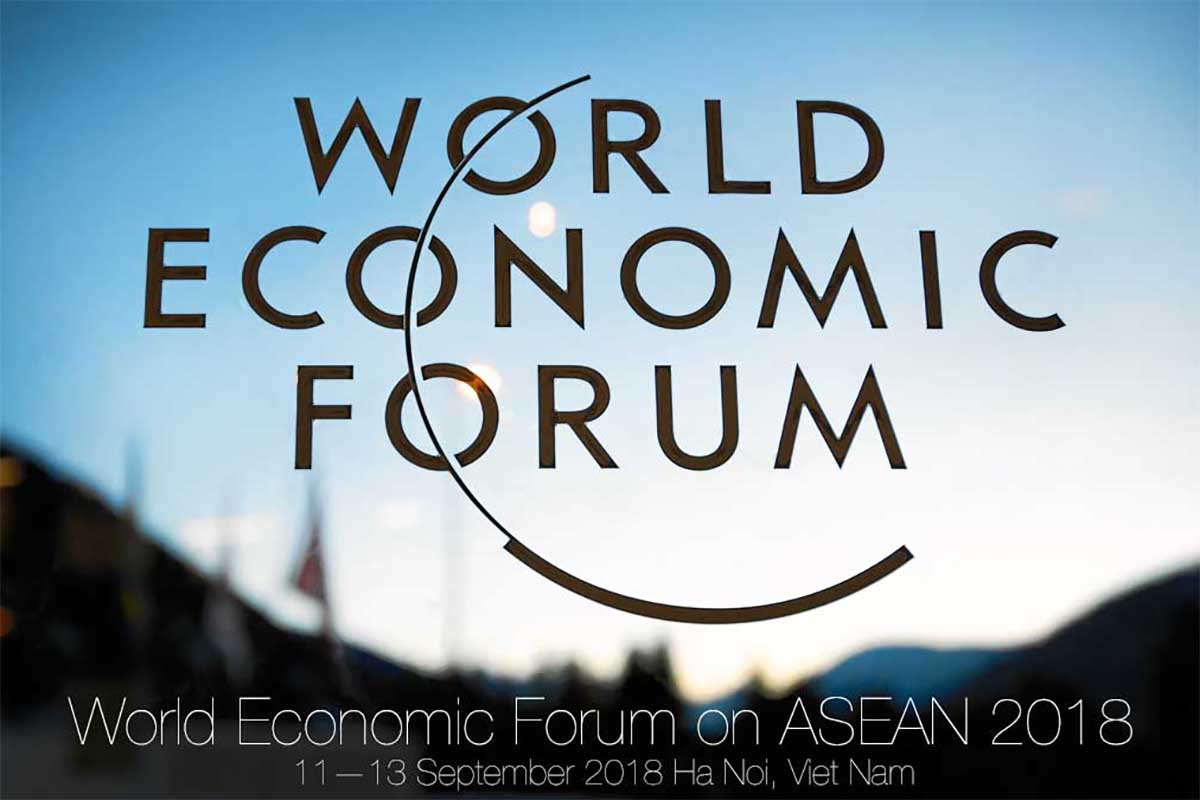The 50th anniversary of ASEAN in 2017 was cause for much celebration. 10 highly diverse countries have navigated five decades of domestic and geopolitical turbulence, economic change and technological disruption to emerge as a strong community of nations.
Looking ahead, the challenges are increasing as profound shifts occur at accelerating speed. A broad-based economic recovery is welcome, yet is fuelling income inequality and rising environmental pressures. Geopolitically, we are moving from a unipolar system of governance towards a multipolar and multi-conceptual order with precarious friction points. Nation states face new threats to stability and an eroding public trust.
Underlying these trends sits the uncertainties of the Fourth Industrial Revolution. Technological change is delivering exciting solutions to persistent problems, yet disrupting jobs and social structures. In ASEAN, the labour force is forecast to expand by 11,000 workers every day for the next 15 years. And yet, industrial robots now outcompete low-skilled manufacturing labour. Artificial intelligence threatens ASEAN’s service jobs. Self-driving vehicles are already at work in South-East Asia. How will the region’s growing workforce find jobs?
Addressing these issues will require entrepreneurship. At one level, the region must unleash the entrepreneurial spirit of individuals and SMEs to build new companies and industries. But, just as important, ASEAN must embrace entrepreneurship in the crafting of policy, governance models, geopolitical relationships and new approaches to inclusive growth. In short, there must be entrepreneurship not only in business interest, but in public interest too.
The World Economic Forum on ASEAN seeks to find answers to such difficult questions. The forum will connect the region’s political, business, academic and civil society leaders. It will also bring together a group of 75 handpicked start-ups, representing the very best of ASEAN’s dynamism and entrepreneurship.
The meeting will address strategic issues of national and regional significance under three thematic pillars:
Entrepreneurship to craft new approaches to regional and global governance
Debate how the region must respond to fluid geo-economics, shifting trade relationships and new power dynamics to secure peace and prosperity for all. Contribute to shaping a new vision for driving regional integration as the Fourth Industrial Revolution changes the nature of cross-border trade and investment.
Entrepreneurship to drive economic and business dynamism
Understand the drivers of new business models, the shape of emerging economic systems and the requirements for agile governance as digital disruption gives rise to giant threats and exciting opportunities for a new generation of ASEAN leaders.
Entrepreneurship to shape social inclusion
Explore how the Fourth Industrial Revolution can both exacerbate and ameliorate inequality and social fragility. Help shape the forces of change to drive access to better healthcare and education, new infrastructure, financial inclusion and more accountable governance.
Readers of The ASEAN Post are welcome to participate in the discussions on social media using the #WEFonASEAN hashtag.
